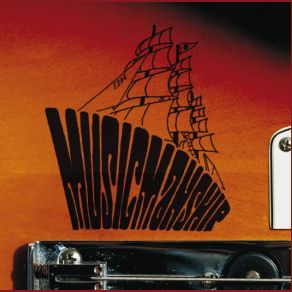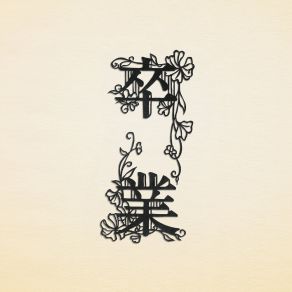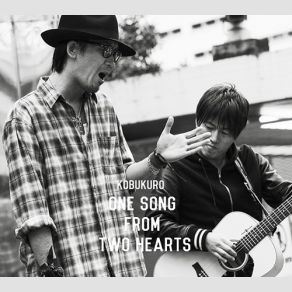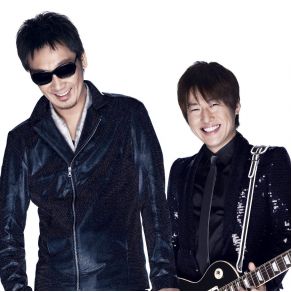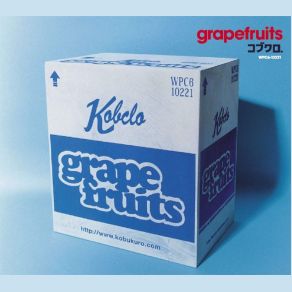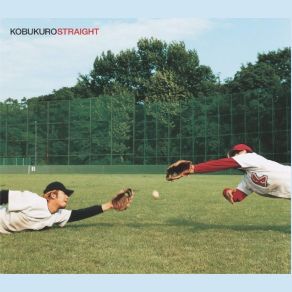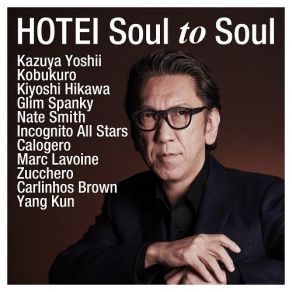Kobukuro
Wikimp3 information about the music of Kobukuro. On our website we have 13 albums and 2 collections of artist Kobukuro. You can find useful information and download songs of this artist. We also know that Kobukuro represents J-Pop genres.
Biography
[Edit]Kobukuro, together with 19 and Yuzu, are considered the biggest Japanese folk-rock acts of the new century. They shouldn't be considered practitioners of world music, though — they sound like Simon & Garfunkel devotees with an ear for lush arrangements and with good pop sensibilities, which have been manifested in million-strong sales. The duo is comprised of Kobuchi Kentaro (guitars and vocals) and Kuroda Shunsuke (vocals) and sports a striking visual appearance without specifically working on it: Kuroda, at six feet plus four inches tall, sticks out two heads above his buddy.
Kobuchi and Kuroda got acquainted in 1998. Both men had good daytime jobs (Kobuchi was a salesman and Kuroda a phys-ed teacher), but Kuroda was also doing street performances and Kobuchi composed songs in his leisure time. He met Kuroda singing on a shopping street in Sakai and wrote a tune for him. Soon, the two were joining syllables from their family names to form the band's moniker ("Kobu-Kuro"). Kobukuro plodded as an indie band for a while, releasing EPs Saturday 8PM (1999), Root of My Mind (2000), and Answer (2000), but the latter two were well received by the public, and that prompted Warner Music to sign the group in 2001. With the label behind them, Kobukuro were able to get their debut major single, "Yell," to shoot to number four on the Oricon charts. Their first major LP, Roadmade (2001), was soon out, supported by the band's first nationwide tour in 2002, and subsequent releases — Grapefruits (2002), Straight (2003), and Music Man Ship (2004) — all entered the Top Ten, proving that Kobukuro were there to stay. In 2005, their single "Eien Ni Tomo Ni" (released in October 2004) became Japan's most popular wedding song of the year.
The band's ascendency to the big leagues was completed in 2005 with the album Nameless World topping the charts, the singles "Koko Ni Shika Sakanai Hana" (used in the drama Ruri No Shima) and "Sakura" selling over 400,000 copies each, and the band invited to the ultra-popular New Year's TV show Kouhaku Uta Gassen (they returned to it in 2006, the year when they also played the Budokan). In 2006 Kobukuro also released the collection All Singles Best, which shifted over two million units. Since that time, the list of TV dramas and ads featuring Kobukuro's songs has grown exponentially, the most notable being "Tsubomi," featured in the drama Tokyo Tower in 2007. The single "Winding Road," which Kobukuro recorded with their labelmate, rising blues/J-pop star Ayaka, shot to number two in 2007 (they lost to Utada Hikaru), enabling that year's album 5296 to top the charts and go on to sell 1,400,000 copies. The band took a break from the studio for most of 2008, but returned in October with the single "Toki No Ashioto."
Collections
Title: Love Song III
Genre: Classical

